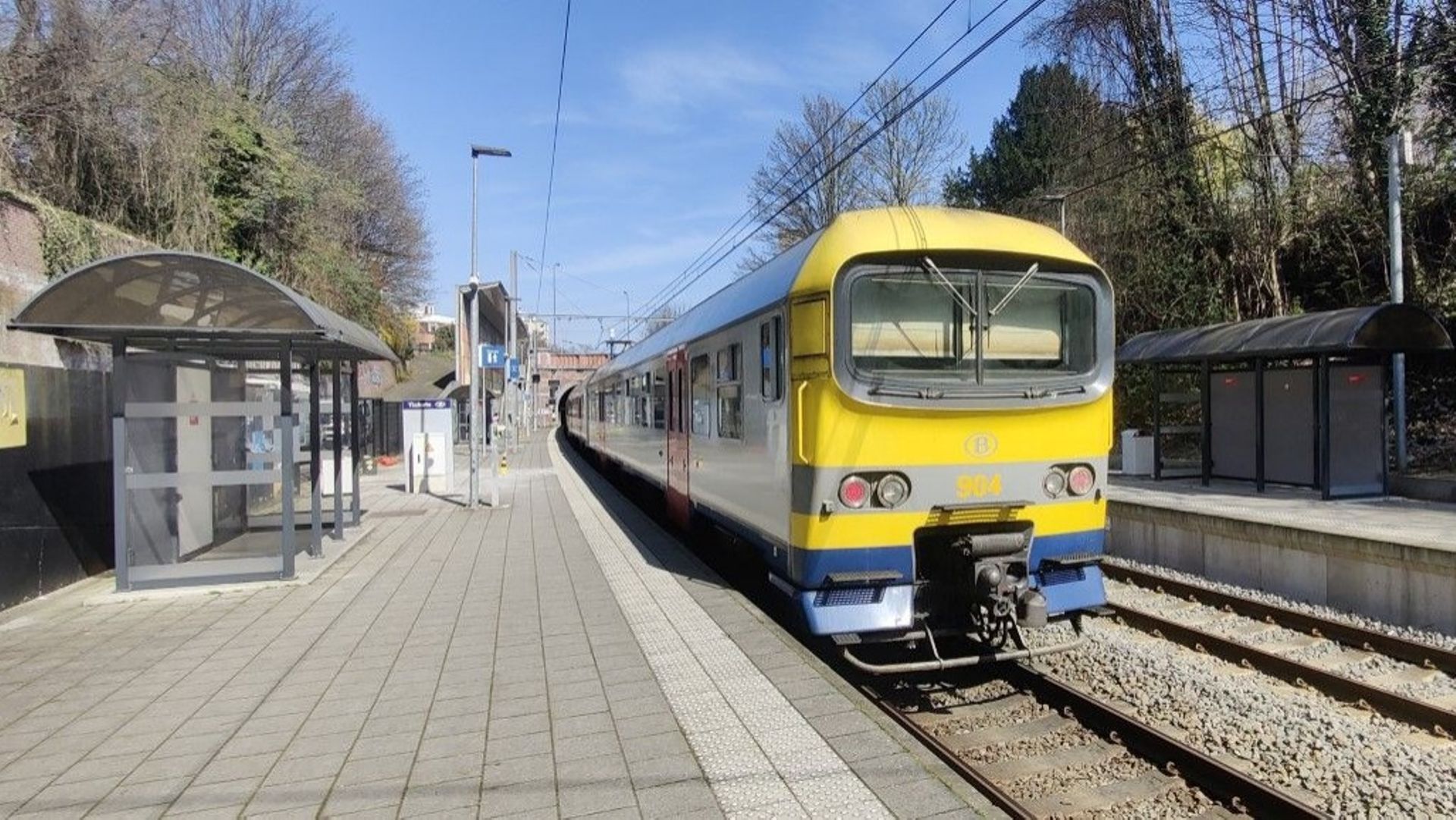
Trains Grounded: Major SNCB Strike Impacts Travel On January 13
A major train strike in Belgium on January 13th has caused widespread disruption to travel across the country. The strike, which was called by the Belgian rail union SNCB, is the result of a dispute over pay and working conditions.
Impact of the Strike
The strike has caused the cancellation of all train services operated by SNCB, including both national and international services. This has had a major impact on travel, with many people unable to get to work or school. The strike is also expected to cause significant disruption to the economy, as businesses are unable to transport goods and services.
In addition to the cancellation of train services, the strike has also caused disruption to other forms of transport. Many people have been forced to use alternative means of transport, such as buses or cars, which has led to increased traffic congestion.
Reasons for the Strike
The strike was called by the SNCB union in response to a dispute over pay and working conditions. The union is demanding a pay increase of 2%, as well as improvements to working conditions, such as a reduction in the number of hours worked per week.
The SNCB has rejected the union's demands, saying that it cannot afford to meet them. The company has also said that it is willing to negotiate, but that it will not be able to make any significant concessions.
Perspectives on the Strike
There are a number of different perspectives on the strike. The SNCB union believes that the strike is justified and that the company can afford to meet its demands. The company, on the other hand, believes that the strike is unnecessary and that it will damage the economy.
The public is also divided on the issue. Some people support the strike and believe that the union is right to fight for better pay and working conditions. Others believe that the strike is causing too much disruption and that it should be called off.
Conclusion
The SNCB strike is a complex issue with no easy solutions. The union and the company are both dug in on their positions, and it is unclear how the dispute will be resolved. In the meantime, the strike is causing significant disruption to travel and the economy, and it is likely to continue for some time.
Reflection on the Broader Implications of the Findings
The SNCB strike is a reminder of the importance of collective bargaining. When workers are unable to negotiate a fair deal with their employers, they may resort to strike action as a last resort. Strikes can be disruptive and costly, but they can also be an effective way to achieve change.
The SNCB strike also highlights the importance of finding a balance between the interests of workers and the interests of businesses. In this case, the union is demanding a pay increase that the company says it cannot afford. It is important to find a solution that is fair to both sides and that does not damage the economy.